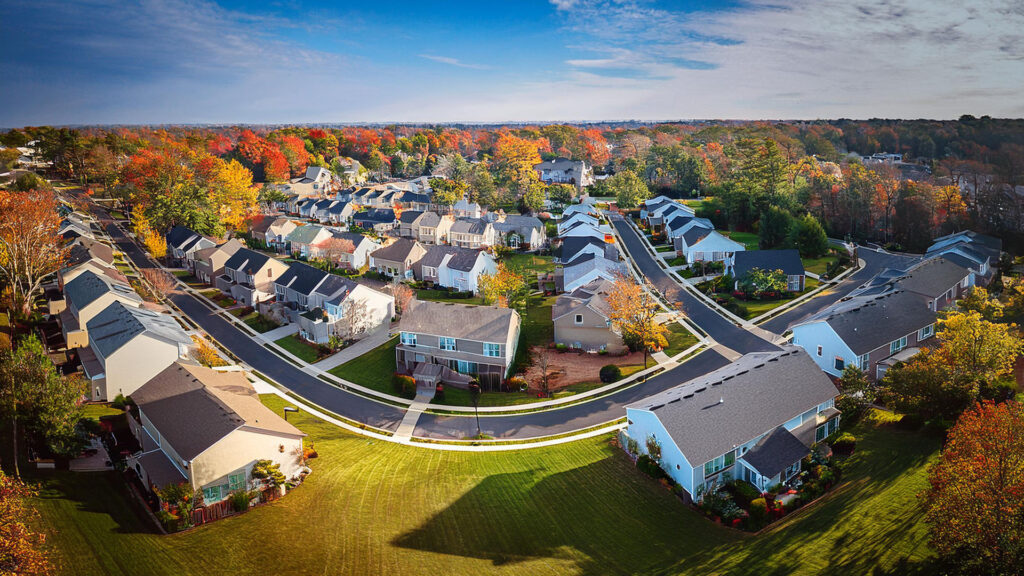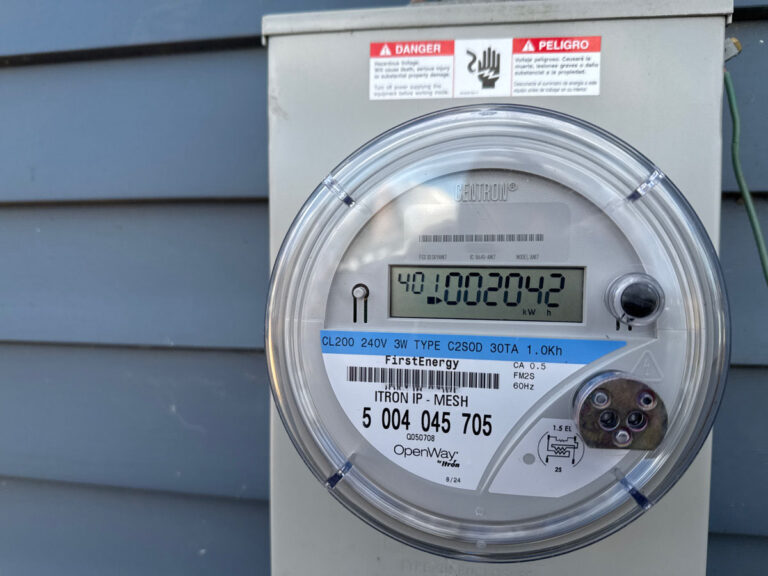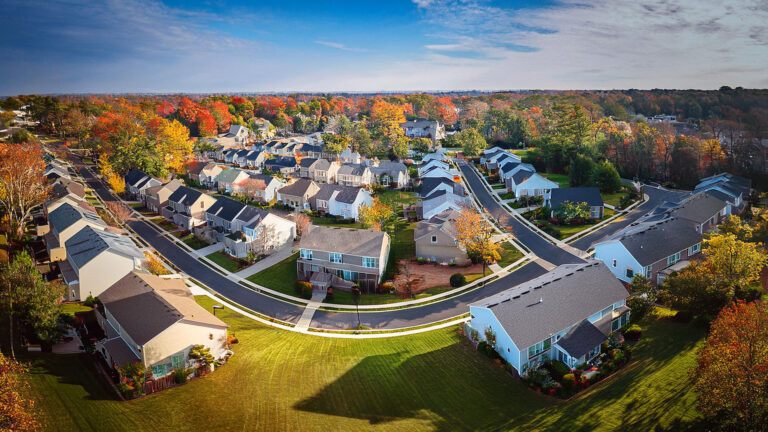
Buying a home is a major milestone, but it’s also a significant financial commitment. In New Jersey, where home prices and property taxes can be among the highest in the country, understanding the true cost of buying a home is essential to avoid surprises and make informed decisions.
This guide breaks down all the major costs you’ll encounter when purchasing a home in New Jersey, along with tips to save money and useful resources to help you along the way.
1. Home Purchase Price
The most obvious expense is the home’s purchase price. In 2024, the median home price in New Jersey is around $450,000, though this varies significantly based on location:
- Northern NJ (e.g., Bergen, Essex Counties): Median prices often exceed $600,000, especially near NYC commuter hubs.
- Central NJ (e.g., Mercer, Monmouth Counties): Median prices range from $400,000 to $500,000.
- Southern NJ (e.g., Camden, Atlantic Counties): More affordable options with median prices around $300,000.
2. Down Payment
The down payment depends on the type of mortgage and lender requirements. Here’s a quick overview:
- Conventional Loans: Typically 5-20% of the purchase price.
- FHA Loans: As low as 3.5% for qualified buyers.
- VA Loans: Often require no down payment for eligible veterans.
For a $450,000 home:
- 20% down = $90,000
- 5% down = $22,500
Tip: If saving for a down payment is a challenge, consider programs like New Jersey’s Down Payment Assistance Program, which offers up to $10,000 in assistance for first-time buyers.
3. Closing Costs
Closing costs in New Jersey typically range from 2-5% of the home’s purchase price. These include:
- Loan Origination Fees: Charged by lenders for processing your mortgage.
- Appraisal Fees: Typically $300-$600.
- Title Insurance: Protects against disputes over property ownership, costing $1,000-$2,000.
- Attorney Fees: Legal support is common in NJ real estate transactions, averaging $1,000-$1,500.
- Escrow Fees: Cover services for holding and disbursing funds.
- Recording Fees and Taxes: New Jersey charges a realty transfer fee, which increases with the property’s value.
For a $450,000 home, expect to pay around $9,000 to $22,500 in closing costs.
4. Property Taxes
New Jersey has the highest property taxes in the U.S., averaging 2.47% of the home’s assessed value. For a $450,000 home, property taxes could be around $11,115 annually.
County Variations:
- Highest taxes: Essex, Bergen, and Union counties.
- Lower taxes: Cape May, Cumberland, and Salem counties.
Tip: Before buying, research property tax rates in your desired area and check if the property qualifies for tax relief programs.
5. Homeowners Insurance
Homeowners insurance in New Jersey costs an average of $1,200-$1,500 annually. Factors influencing premiums include:
- The home’s location (e.g., flood zones near the coast may require additional insurance).
- Coverage limits for dwelling, personal property, and liability.
- Deductibles for claims.
Tip: Shop around for insurance policies to find the best coverage and rates.
6. Private Mortgage Insurance (PMI)
If your down payment is less than 20%, most lenders require PMI, which costs 0.5%-1% of the loan amount annually. For a $400,000 loan, PMI could add $2,000-$4,000 per year to your expenses.
Tip: Consider saving for a larger down payment to avoid PMI or ask about lender-paid PMI options.
7. Home Maintenance and Utilities
Owning a home comes with ongoing costs for upkeep and utilities. On average:
- Maintenance and Repairs: Budget 1-3% of the home’s value annually ($4,500-$13,500 for a $450,000 home).
- Utilities: Electricity, water, heating, and internet can range from $300-$500 per month.
8. HOA Fees (If Applicable)
If the home is in a community with a homeowners association (HOA), you’ll likely pay monthly or annual fees. In New Jersey, these can range from $50-$500+ per month, depending on amenities like pools or landscaping services.
9. Moving Costs
Moving expenses vary based on the distance and services required:
- Local moves: $1,000-$3,000
- Long-distance moves: $4,000-$10,000
10. Flood Insurance (If Applicable)
In some parts of New Jersey, particularly near the coast or in flood-prone areas, lenders may require flood insurance. Premiums average $700 to $1,400 annually, depending on your home’s location and flood risk.
Tip: Use a Flood Risk Assessment Tool to check whether flood insurance is required for your desired property.
Ways to Save on Homebuying Costs
- Negotiate Closing Costs: Ask the seller to cover some or all of your closing costs.
- Compare Lenders: Use mortgage comparison tools to find the best rates.
- First-Time Buyer Programs: Take advantage of grants and low-interest loans designed for first-time buyers.
- Tax Deductions: Mortgage interest and property taxes may be deductible on your federal tax return.
Recommended Resources
- Compare Mortgage Rates: Use LenderLink to find competitive rates and personalized loan offers.
- Save on Homeowners Insurance: Shop the best policies through HomeProtect.
- Plan Your Move: Get discounts on moving services with MoveEasy.
- Track Your Budget: Start saving with the BudgetPlus App.
Understanding the true cost of buying a home in New Jersey will help you plan wisely and avoid surprises. With the right tools and resources, you can make homeownership a reality while staying within your budget.



